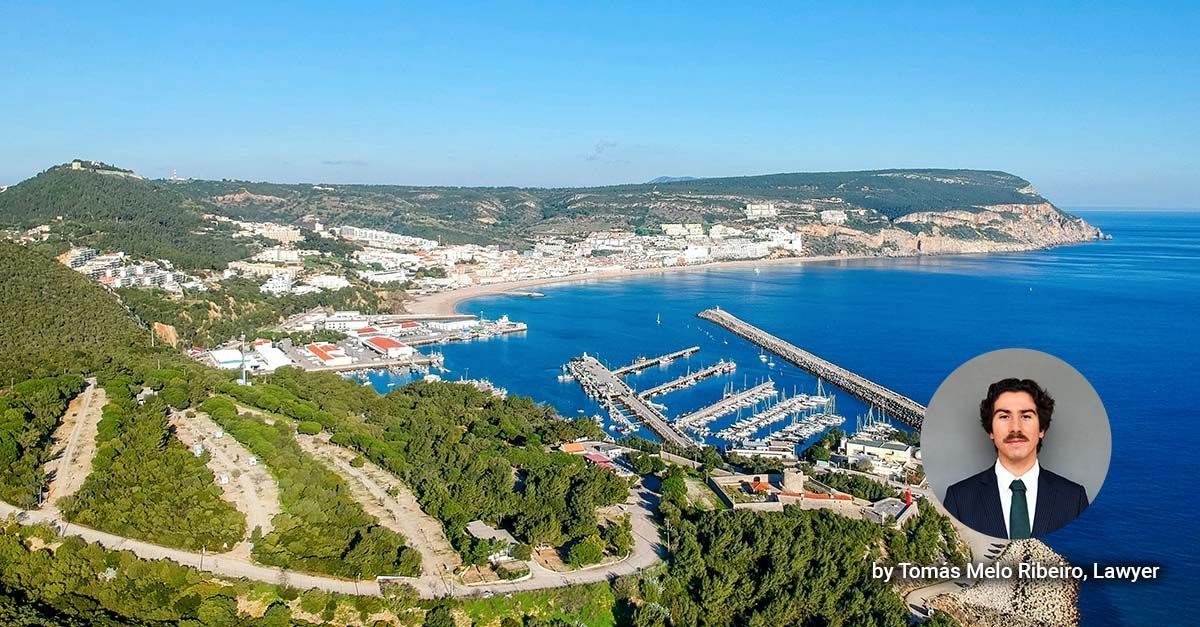Inheritance Law: Wills in the Portuguese Legal System

Sara Ferreira | Lawyer
The Portuguese Law defines a will as the unilateral and revocable act by which a person disposes of all or part of his or her property after death. This document will reunite the last will of the testator, by determining which assets will be passed on to.
In Portugal, there are two common forms of will:
- Public Will, written and issued by a Notary;
- Sealed Will, written by the testator or another person on the testator’s behalf. However, a Sealed Will has to be recognized and formally approved by a Notary in order to gain validity.
However, the testator may change his /her opinion and make a new will, revoking or making changes in the previous one. Only the last declaration of will will be considered as valid and by so, producing the corresponding effects- “provision of last will”.
Even though a written declaration attested by a public authority may diminish any possible conflicts regarding the deceased’s assets, it is not allowed to the deceased to regulate all the assets, as the Portuguese Law states that, if there are legitimate heirs, 2/3 of the assets belong to the legitimate heirs (parents, spouse and children) directly, therefore enabling the testator to dispose of 1/3 of the assets.
Considering the position carried on by the European Union and the effort made to facilitate the regulation and unification within the countries of the European Union, on 17th August 2015, the European Regulation no. 650/2012, commonly known as the European Regulation of Successions states the legal bases regarding succession matter and application of international law.
The present regulation is applicable not only to EU citizens but also to non-EU citizens who live in an EU country.
The referred European Regulation defines the law applicable as the law of the deceased’s country of residence, by the time of their departure, unless the deceased has previously chosen their country of origin’s law to regulate this subject by declaring it expressly in a private document or in the will itself (“Choice-of-Court Agreement”).
Subsidiarily, the courts of a Member State in which assets of the estate are located shall nevertheless have jurisdiction to rule on the succession as a whole in so far as:
- The deceased had the nationality of that Member State at the time of death; or, failing that,
- The deceased had his previous habitual residence in that Member State, provided that, at the time the court is seised, a period of not more than five years has elapsed since that habitual residence changed.
In this situation, the applicable law to the succession will regulate matters such as the following:
- the beneficiaries of the succession, for those cases where there isn’t a will;
- Transfer of property of the assets to the heirs;
- Part of the inheritance share must be allocated to the spouse and children;
- The possibility of disinherit a relative;
- The heirs power, including the power to sell property and pay to the creditors;
- As declarant, what is the level of freedom to decide to whom leave the assets;
- If any offers made by the declarant while alive must return to the patrimony, in order to protect the shares designated to the spouse and children;
- The conditions on which the heir may accept or reject the succession;
- The away the assets have to be administrated before they are transferred to the heir.
Although the Regulation brings an unified criteria, some aspects still fall under national rules:
- Who inherits and what share of the estate goes to children and spouse;
- Property law and family law in an EU country;
- Tax on succession assets.
This change brought by this European Regulation brings a simplified way for heirs to prove their titles without duplicating procedures, by creating a unique document (European Certificate of Succession) allowing heirs, legatees, executors of wills and administrators of the estate to prove their status and exercise their rights in other EU countries.
It should be noted that from a Portuguese tax standpoint, Portugal allows for unique opportunities.
Portugal doesn’t impose an ‘inheritance tax’, although it applies a 10% ‘stamp duty’ (plus 0,8% if the assets are comprised of real estate located in Portugal) when assets are passed on death or as a lifetime gift.
There are, however, two key rules/exemptions:
- Spouses, descendants and ascendants (parents) are exempt from this tax.
- The tax only applies to Portuguese assets regardless of where the donor or beneficiary is resident, meaning no exposure to tax in Portugal in assets located abroad.
Note that stepchildren do not count as direct family and so will pay this tax (unless legally adopted). Likewise, partners who are neither married nor in a civil partnership could also be liable, though if you inform the Portuguese authorities after two years of living together you should be considered married for tax purposes.
If you have further questions regarding this matter, please get in touch with us and we will be delighted to assist you.











